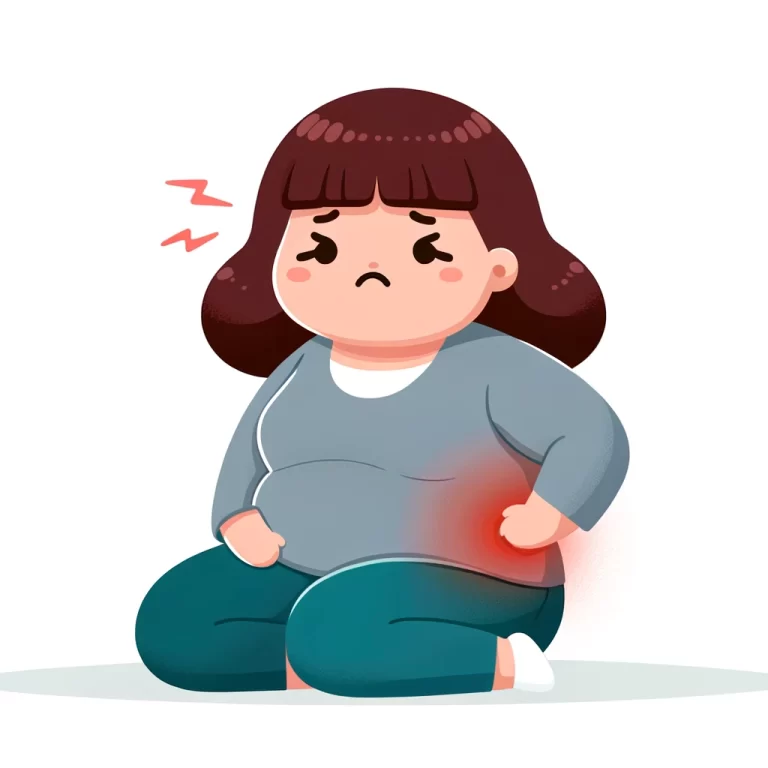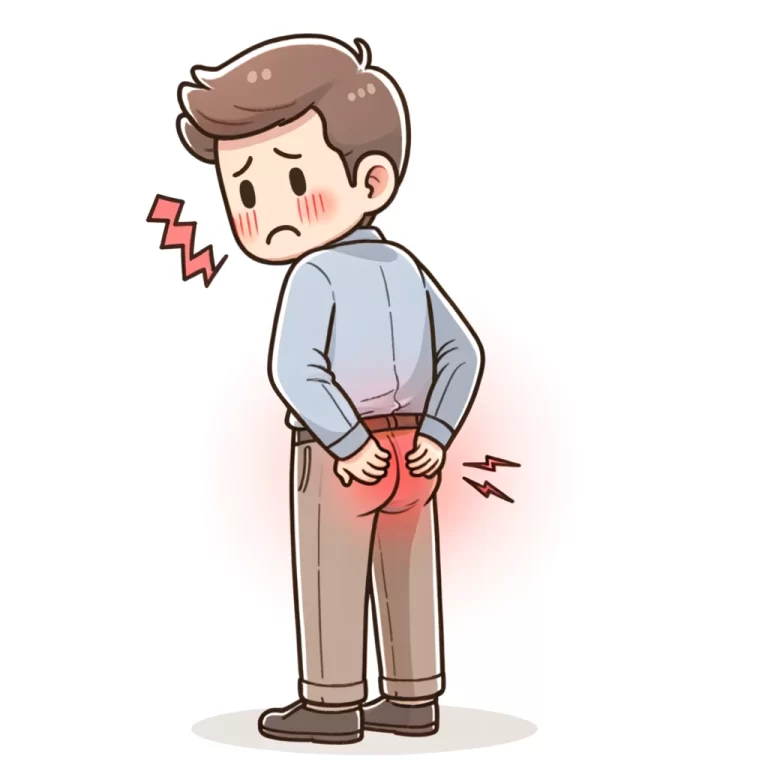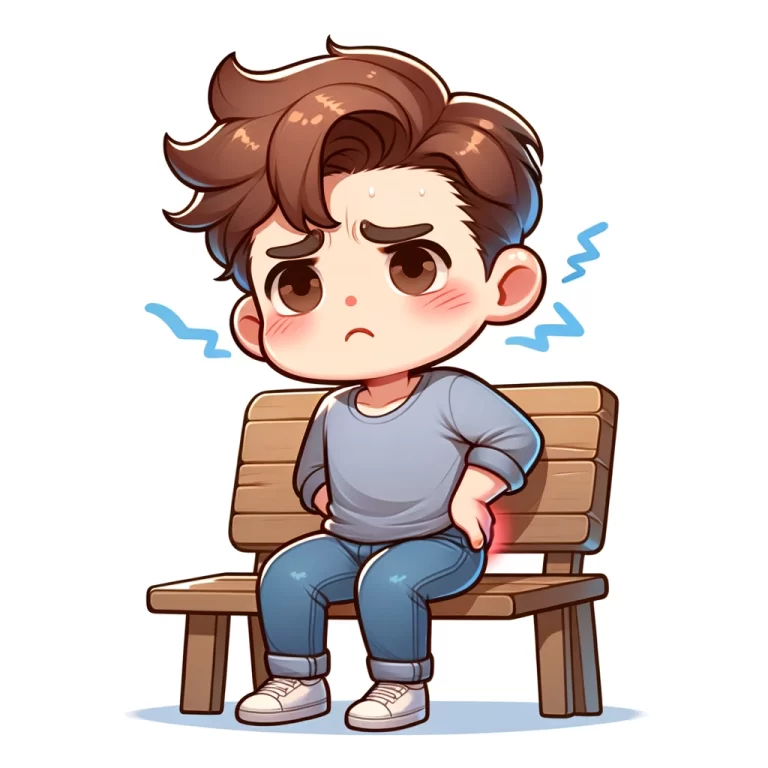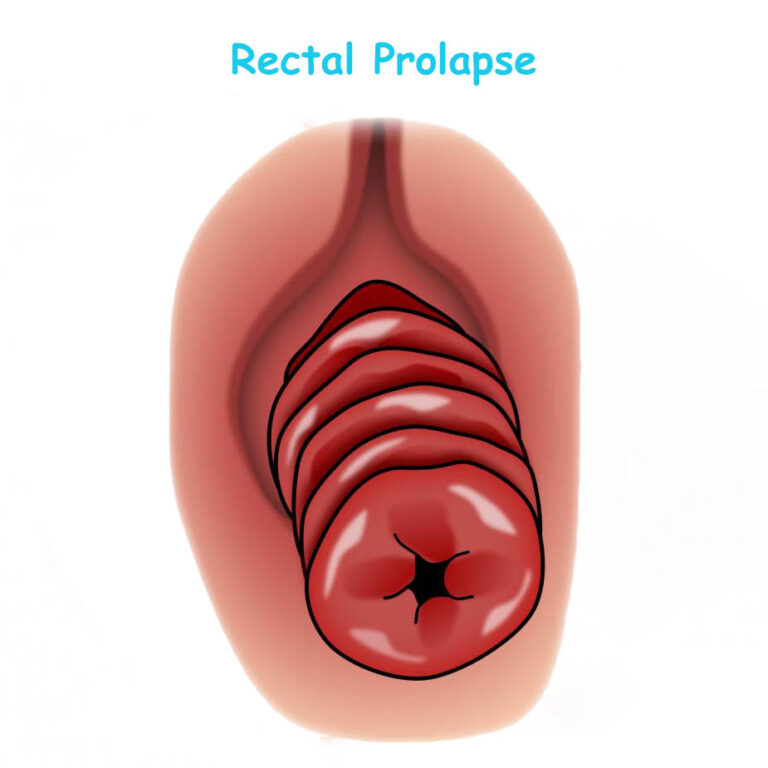Butt Muscle Pain: How to Relieve it!
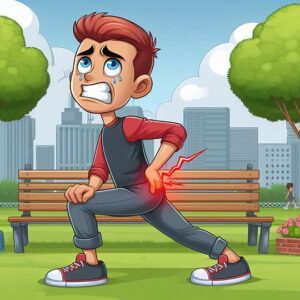
Butt muscle pain is a common discomfort that affects a wide range of individuals, from athletes to those who lead a sedentary lifestyle. This type of pain can significantly impact daily activities, making even simple tasks like sitting or walking uncomfortable. Understanding the causes of butt muscle pain and implementing effective relief strategies is crucial for maintaining a healthy, active lifestyle.
Understanding Butt Muscle Pain
The buttocks are comprised of three major muscles: the gluteus maximus, gluteus medius, and gluteus minimus. Pain in these muscles can be attributed to various factors, including overuse, strain, injury, or underlying health conditions. Common causes of buttock muscle pain include:
- Muscle Strain: Overstretching or tearing of muscle fibers, often due to excessive physical activity.
- Sciatica: Irritation or compression of the sciatic nerve, which runs through the buttock, can cause pain that radiates down the leg.
- Piriformis Syndrome: A condition where the piriformis muscle irritates the sciatic nerve, leading to pain, numbness, and tingling in the buttocks.
- Sedentary Lifestyle: Prolonged sitting can lead to tight and weakened gluteal muscles, contributing to discomfort and pain.
Strategies for Relieving Butt Muscle Pain
1. Rest and Ice: Immediately after experiencing butt muscle pain, it’s crucial to rest the affected area to prevent further injury. Applying ice packs for 15-20 minutes several times a day can help reduce inflammation and numb the pain.
2. Heat Therapy: After the initial 48 hours, switching to heat therapy can promote blood flow to the buttocks, aiding in the healing process. A warm bath or a heat pack can be effective in relaxing tight muscles and reducing pain.
3. Stretching Exercises: Gentle stretching can alleviate muscle tightness and improve flexibility. Specific stretches for the piriformis, hamstrings, and hip flexors can be particularly beneficial in relieving buttock pain. It’s important to perform these stretches slowly and avoid any movements that cause pain.
4. Strengthening Exercises: Strengthening the muscles in the buttocks can prevent future pain by improving stability and support. Exercises such as squats, lunges, and glute bridges can be incorporated into your routine once the acute pain has subsided.
5. Massage Therapy: Massage can help relieve muscle tension and promote relaxation. Using a foam roller or seeking professional massage therapy can target tight spots in the buttocks and alleviate pain.
6. Proper Posture and Ergonomics: Maintaining proper posture and ergonomics, especially while sitting, can prevent undue stress on the buttocks. Using an ergonomic chair and taking frequent breaks to stand and stretch can mitigate the risks associated with prolonged sitting.
7. Over-the-Counter Pain Relievers: For immediate pain relief, over-the-counter medications such as ibuprofen or acetaminophen can be effective. However, these should be used sparingly and as recommended by a healthcare professional.
8. Consult a Healthcare Professional: If buttock muscle pain persists or worsens, it’s essential to consult a healthcare professional. They can provide a proper diagnosis and recommend treatment options, which may include physical therapy, prescription medications, or other interventions.
Prevention Tips
Preventing buttock muscle pain involves regular physical activity, stretching, and maintaining a healthy weight. Additionally, paying attention to body mechanics during exercise and daily activities can prevent strain and injury. Incorporating a balanced diet rich in anti-inflammatory foods can also support muscle health and overall well-being.
Connect, Share, and Thrive: Join Our 'Rectal Forum'
In our "Rectal Forum," no topic is too small or too unique – from the nitty-gritty of anal zits and mysterious red bum bumps to the intricacies of complex surgeries. It's a safe and understanding place to chat about all things rectal health. Whether you're seeking advice, sharing your own story, or curious about care options, our community embraces it all with open arms. Dive into engaging discussions, learn from shared experiences, and find the support you crave. Check out our 'Rectal Forum' to join in and feel connected. And remember, no rectal health topic is off-limits in our uncensored forum. Visit the 'Rectal Forum' to learn more and connect.
Rectal Health Essentials: Curated Product Guide
Our curated list of products for rectal health issues is meticulously vetted to ensure you receive the highest quality. We've streamlined your search for effective solutions, ranging from traditional remedies to holistic treatments.
General Upkeep and Prevention
Maintaining good rectal health involves a proactive approach with the right products. Here's an expanded list of items for daily care and prevention:
- Absorbent Pads: Ideal for discreetly managing minor leaks, ensuring comfort and hygiene throughout the day.
- High Fiber Gummies: A delicious and convenient way to increase your daily fiber intake, promoting healthy bowel movements.
- Probiotics: Essential for maintaining gut health and balance, these supplements can improve digestive regularity and overall gut function.
- Hygiene Wipes: Gentle and effective, these wipes are perfect for maintaining cleanliness and comfort, especially useful for those with hemorrhoids or post-surgery.
- Witch Hazel Pads: Provide natural relief from itching and irritation, great for everyday use to soothe sensitive rectal areas.
- Aloe Vera Gel: Offers cooling and soothing relief for irritated skin, perfect for applying after a warm bath or shower.
- Aloe Vera Supplement Pills: Supports internal healing and can help with digestive health, complementing topical treatments.
- Psyllium Husk Powder: A natural fiber supplement that aids in maintaining regular bowel movements and overall digestive health.
- Turmeric: Known for its anti-inflammatory properties, it's beneficial for overall digestive and rectal health.
- Triphala: An Ayurvedic remedy that supports digestive health and can be part of a regular wellness routine.
- Epsom Salts: Add to baths for relaxation and relief from rectal discomfort or muscular aches.
- Yoga Mat Extra Thick: Ideal for comfortable stretching and yoga sessions, which can help in strengthening the pelvic floor muscles and enhancing rectal health.
- Barrier Cream: Protects the skin from moisture and irritation, an essential item for those with sensitive skin or prone to irritation.
- Bulk Forming Laxative: Ensures gentle and regular bowel movements, an important aspect of rectal health maintenance.
Pre-Surgery Preparation for Rectal Health:
Ensuring a comprehensive approach to your pre-surgery preparation, here's the expanded list of recommended products, including links for easy access:
- High Fiber Gummies: A delicious way to increase fiber intake, crucial for regular bowel movements pre-surgery.
- Stool Softener: Helps ease bowel movements, reducing the risk of straining and complications.
- Yoga Mat Extra Thick: Perfect for comfortable stretching and pelvic floor exercises, strengthening muscles before surgery.
- Probiotics: Maintain a healthy gut flora, potentially improving recovery time post-surgery.
- Hygiene Wipes: Gentle wipes for maintaining cleanliness and reducing the risk of infection.
- Epsom Salts: Use in baths for muscle relaxation and soothing discomfort in the rectal area.
- Absorbent Pads: Manage minor leaks or discharges, ensuring comfort and hygiene.
- Aloe Vera Gel: Natural soothing agent for calming any pre-surgery irritation.
- Turmeric: Anti-inflammatory benefits to manage pre-surgery inflammation.
- Psyllium Husk Powder: Aids in maintaining regular bowel movements and overall gut health.
- Pain Reliever NSAID: Manage any discomfort before the surgery. Remember to consult with your healthcare provider before taking any new medication, especially before a surgical procedure.
These products can help in physically and mentally preparing you for rectal surgery, ensuring you approach the procedure with optimal health and comfort. As always, it's important to consult with your healthcare provider before making any changes to your pre-surgery routine, including the introduction of new supplements or medications.
Post-Surgery Recovery for Rectal Health:
Post-surgery recovery is a crucial phase where the right products can significantly aid in healing and comfort. Here's an expanded list of recommended products for post-surgery recovery:
- Sitz Bath: A soothing solution for post-surgery care, helping to cleanse and relieve discomfort in the rectal area.
- BBL Butt Lift Pillow Surgery Recovery: Provides necessary support and comfort, particularly after surgeries involving the buttocks or rectal area.
- Compression Garment for BBL: Aids in reducing swelling and enhancing the healing process post-surgery.
- Gauze Pads 2x2: Essential for dressing surgical wounds, ensuring they remain clean and protected.
- Hydrogel Pads: Offer cooling relief and promote healing in sensitive post-operative areas.
- Aloe Vera Gel: Provides gentle soothing and cooling relief for irritated skin post-surgery.
- Epsom Salts: Can be used in baths to relax muscles and alleviate discomfort in the post-surgical recovery phase.
- Pain Reliever NSAID: Effective in managing post-surgery pain and reducing inflammation. Always follow your surgeon's advice regarding pain management post-surgery.
- Witch Hazel Pads: Offer relief from itching and irritation in the recovery phase.
- Hygiene Wipes: Gentle and effective for maintaining hygiene in the sensitive post-surgical area.
- Stool Softener: Helps ease bowel movements post-surgery, an important aspect of recovery, especially for rectal surgeries.
- Probiotics: Assist in maintaining gut health and can aid in smoother digestion during the recovery period.
- Barrier Cream: Protects the skin from moisture and further irritation, vital in the healing process.
Utilizing these products can help ensure a more comfortable and effective recovery period following rectal surgery. It's important to follow the specific guidance of your healthcare provider regarding post-surgery care and the use of any new products or medications.
Holistic and Ayurvedic Remedies for Rectal Health:
Incorporating holistic and Ayurvedic remedies can offer natural and gentle ways to support rectal health. Here's an expanded list of recommended products and practices, blending your provided list with additional holistic suggestions:
- Aloe Vera Gel: Widely known for its soothing properties, Aloe Vera gel can provide relief from irritation and promote healing in the rectal area.
- Turmeric: A staple in Ayurvedic medicine, turmeric is valued for its anti-inflammatory properties, which can be beneficial for overall digestive and rectal health.
- Triphala: An Ayurvedic herbal formulation known to support digestive health and promote bowel regularity.
- Psyllium Husk Powder: A natural fiber source that aids in softening stools and maintaining bowel health.
- Ashwagandha: An adaptogenic herb that can help in managing stress, which is often a contributing factor in digestive and rectal issues.
- Neem: Known for its antiseptic properties, neem can be used in creams or ointments to help soothe and heal rectal irritations.
- Castor Oil: Applied topically, it can provide relief from hemorrhoid discomfort and has properties that may aid in reducing inflammation.
- Ginger Tea: Drinking ginger tea can aid digestion and help alleviate discomfort from digestive issues.
- Warm Compress: Applying a warm compress to the rectal area can help soothe pain, reduce inflammation, and promote blood flow for healing.
- Yoga and Meditation: Regular practice of specific yoga poses and meditation can improve digestion and alleviate stress, contributing positively to rectal health.
- Epsom Salts: Epsom salt baths can provide relief from muscular aches and rectal discomfort, aiding in relaxation and healing.
These holistic and Ayurvedic approaches can be incorporated into your daily routine for managing and preventing rectal health issues. It's important to consult with a healthcare provider or an Ayurvedic practitioner before starting any new treatment, especially if you have existing health conditions or are taking other medications.
Conclusion
Buttock muscle pain, while common, doesn’t have to be a persistent issue. By understanding the causes and implementing effective relief and prevention strategies, you can maintain healthy, pain-free gluteal muscles. Whether through home remedies or professional care, addressing buttock muscle pain is essential for enhancing your quality of life and staying active.
Affiliate Disclosure: At www.rectalissues.com, we're part of the Amazon Services LLC Associates Program and several other affiliate programs. This means we may earn a commission from qualifying purchases made through our links. These partnerships help us continue delivering valuable advice and product recommendations. Any product we suggest is one we truly believe in. Thanks so much for your support.

